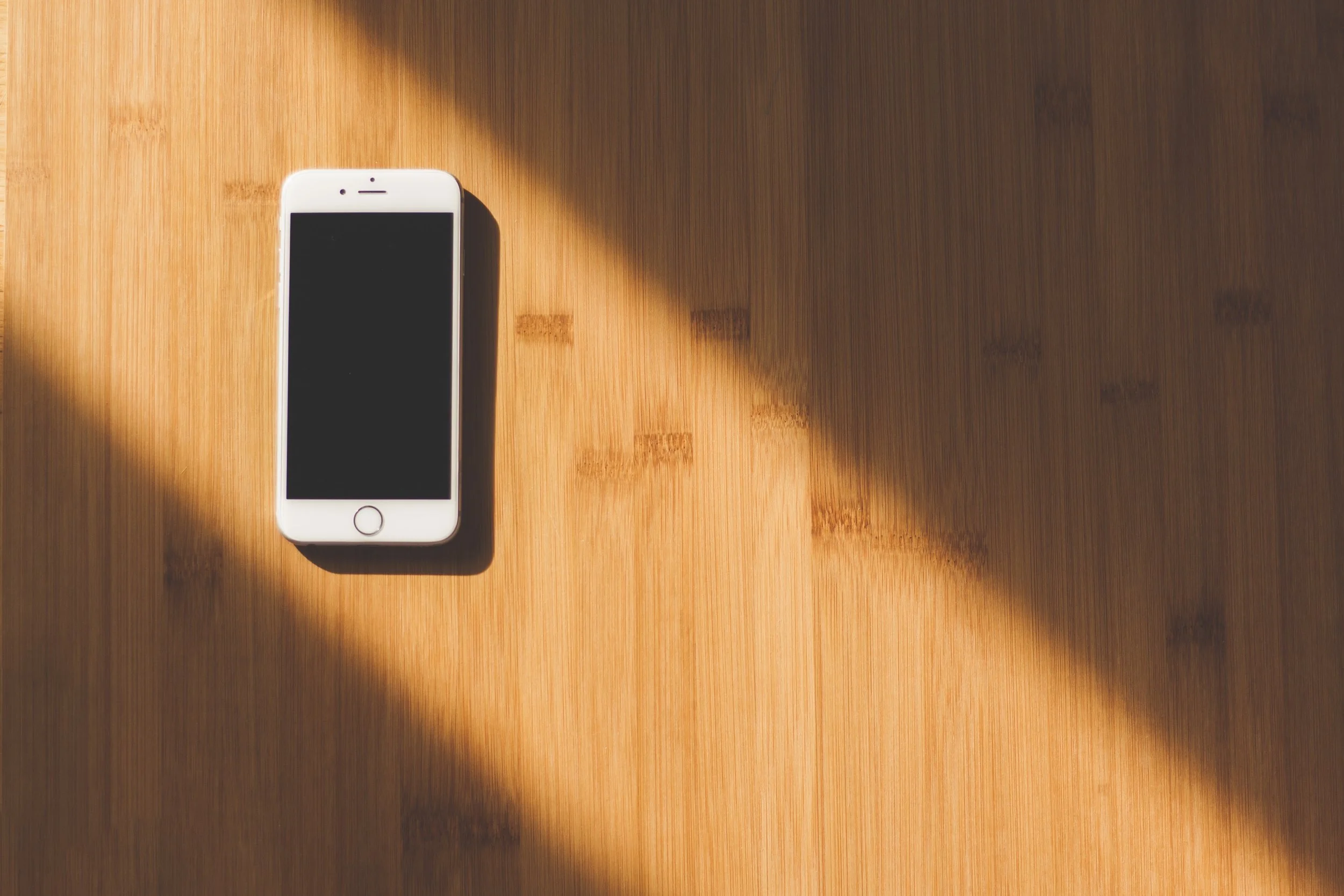what would Jesus do?
/



Do you remember a time before we all had a computer in our pockets?
I deactivated my Facebook profile last week, after using the platform to share photos, memories, and blog posts for almost ten years. The decision was both sudden and a long time coming: all at once, I reached my capacity to tolerate being told from every angle except that of a truly Bible-believing Christian how to be a good follower of Christ (isn’t it crazy how unbelievers always seem to know what Jesus would do best?), and I had been examining for weeks before that point the uncomfortably huge role I was allowing this false social life to play in my actual, real-life existence.
So far, yes, I’ve missed it at times. I wanted to post something in my local Buy Nothing group so I could pass it on to someone else without making the trip to Goodwill, and I couldn’t. I wanted to ask my September 2020 pregnancy due date group how they’re going to handle breastfeeding once their babies turn a year old in just a few weeks, and I couldn’t. I wanted to share with my friends and followers that I’m creating a new resource page and email list for next year’s Bible180 Challenge, and I couldn’t.
But I didn’t quite expect to miss feeling like, I don’t know, a real person. I didn’t expect that without Facebook, I would almost feel like I don’t exist. If I’m not getting notifications, am I even here? If my thoughts aren’t out there in the internet void picking up likes and comments, are they even real?
It speaks to how unbelievably different the world has become in the last couple of decades.
I do remember a time when I didn’t have a computer in my pocket—I even remember a time (very, very dimly) when I didn’t have a computer in my house. I remember the 16+ glorious years before I had a flip phone, before so much of my communication was reduced down to a couple of poorly-punctuated clauses on a pixelated screen, before my relationships were chiefly virtual, before my friends became a tally in an online book of faces.
I remember enthusiastic conversations about horses with other kids at church. I remember potlucks, writing long letters to penpals, and weekend slumber parties. I remember begging my mom and dad to let my cousin stay overnight, and when spending four days showing lambs at the fair was the highlight of my year. There was the column on birdwatching I started in the local newspaper when I was thirteen, 4-H meetings at the primary school where I first dipped my toe into public speaking, and J-Walkers outreach events organized by a fellow Goldendale teenager. I was in plays and musicals at church and in school, I carpooled with drama club friends down to the river in the summer, and even when we didn’t see eye to eye on much of anything political or social or religious, I don’t remember being mad about it.
There was certainly a smallness to my life experience at that time which played into the apparent simplicity and bliss, and some would call that a bad thing, but I’m not so sure it is. Scientific studies have been done to estimate that humans can only maintain a limited number of quality relationships, and far fewer truly intimate ones. It begs the question: were we ever designed or intended to care about as many issues as our pocket computers throw at us every day? To read as many headlines? To know the details about as many international crises? To respond to as many notifications? To have as many “friends”?
I don’t think so.
The keyboard warriors who think they know exactly what Jesus would do in our every social crisis often forget (or maybe don’t know) that Jesus had boundaries. He did not heal every illness or stop every calamity in the world while He was on earth—not even just in His hometown. People still got sick, suffered, died. He wasn’t best friends with every single person He met; He chose twelve, and even of those, He was closest to three. He didn’t hold back the reaches of Roman tyranny, nor did He purge the religious elite of their corruption, even though He could have done both.
Instead, He strictly obeyed and glorified the Father, and was Himself glorified in due time.
Would Jesus wear a mask or overthrow the government or vote for Joe Biden or condemn Black Lives Matter or stay in Afghanistan or ban Donald Trump from Twitter? I don’t know, and I think it’s the wrong question to ask. If we think Jesus took on humanity chiefly to model human perfection for us, we’ve missed the point: Perfection is out of our reach, but God isn’t, because He reached out to us even in our fallenness. He chose to come and dwell among us because it was the only way we’d ever be able to dwell with Him in His kingdom. God sent His Son to earth to be crowned the King over all Creation—His crown a wreath of thorns, His throne a crossbeam on a tree—and to thereby permanently defeat Creation’s enemies, sin and death.
Thankfully, Jesus stayed laser-focused on that mission, even when He was being pulled in a thousand different directions by the crowds. Did He also love people? Yes, always. Did He feed them, care for them, heal their sick and raise their dead? Yes, sometimes. But He didn’t get sidetracked from the eternal goal by the momentary need, nor did He let the court of public opinion sway His course. By the time His ministry was complete and He hung poised to drink the cup of wrath God had poured for Him, no one understood what He was doing except the Triune God.
So it’s rather brazen to think that we know what He would do if He were living on earth in this moment in history, especially considering that His purpose and mission in the world were utterly unique. Yes, we are all called to “love the Lord your God with all your heart, with all your soul, and with all your mind” and “love your neighbor as yourself,” but we are not called to save the world, which is the burden that our frantic headline-screaming, notification-pinging pocket computers would love to make us carry.
My hope is that by letting go of Facebook, I’ll eventually notice that some of the weight has been lifted, and that I actually feel more like a real person again, even if that means feeling finite.



